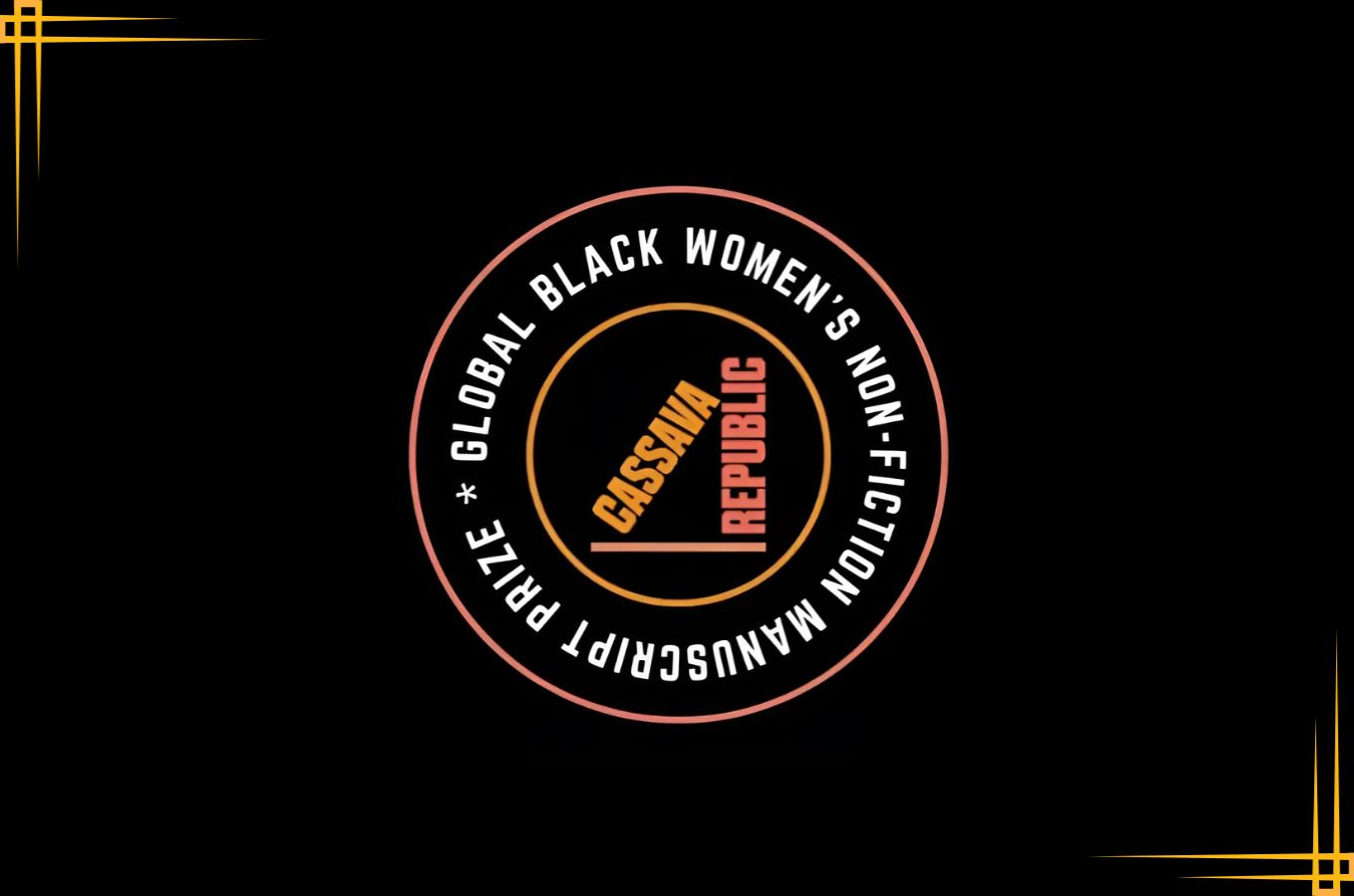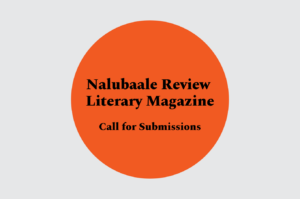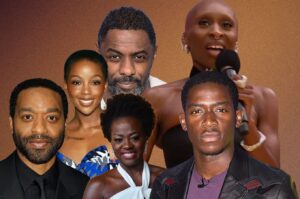
Black women have long blessed the literary market with notable nonfiction books. Books like Michelle Obama’s The Light We Carry, Roxane Gay’s Hunger, and Zadie Smith’s Feel Free stand out for the ways they’ve inspired readers and driven debates on a wide range of social issues. But let’s be real. This success isn’t necessarily because the publishing industry made space for them. There hasn’t been much of a market-driven push to amplify their work, nurture the culture, or even acknowledge their impact.
Cassava Republic is changing that with the launch of the Global Black Women’s Non-Fiction Manuscript Prize. This prize is unprecedented, and the goal is simple: carve out space specifically for Black women’s non-fiction to thrive.
The inaugural run of prize garnered over 100 entries from 36 countries, and Cherise Morris’s manuscript The Cosmic Matter of Black Lives rose to the top. Morris, an interdisciplinary artist and spirit worker, gets a $20,000 advance and a publishing deal with Cassava Republic Press.
Two runners-up, Desta Haile, a British-Eritrean writer, educator, musician, and Pamella Gysman, independent researcher and DEI consultant, also landed publishing deals and $5,000 advances. The winning books all sound incredible, exactly the kind of work readers will gravitate toward.
The Cosmic Matter of Black Lives is a mix of essays, poetic interludes, and rituals that explores Blackness, white supremacy, and environmental issues. Black Beauty Model Agency is a personal and layered look at beauty and representation, while Through The Lens Of Food uses food as a mirror for identity and heritage.
Manuscript prizes stand out from other literary prizes, which often just hand out cash awards without sticking around to help the writers grow. Manuscript prizes are different, and it’s worth understanding why they matter. Cassava is betting on these writers for the long haul. They aren’t just cutting checks, they’re building relationships, giving guidance, and making sure these writers have the tools to make it.
For Morris, Haile, and Gysman, the recognition is a game changer. Morris shared how grateful she is for the long road it took to get here—six years of work on her manuscript. Haile and Gysman echoed similar feelings. Haile spoke about the need for more representation, while Gysman reflected on how validating it is for the prize to highlight Black middle-class narratives.
For a lot of these writers, the networks that keep the literary machine a well-oiled machine of opportunities and discoveries are out of reach. Cassava is essentially handing these writers the keys to the gate. And let’s not forget. Most literary prizes reward “excellence” by spotlighting people who’ve already made it. Manuscript prizes meet writers at the start and help them get there. These kinds of prizes have been around for a while, but it’s great to see them finally gaining traction in African literature.
Take the Island Manuscript Prize for African Writing. it launched a few years ago and has been a success. Cassava Republic said they introduced their prize to tackle the underrepresentation of Black women in non-fiction, a space that’s been dominated by male voices for far too long. Kudos to them, but let’s be honest, a prize like this isn’t just about fixing the industry. It’s a gift to readers. We’re the ones who’ll get to read these incredible books.
The judging panel was led by Booker Prize-winning author Bernardine Evaristo, who fiercely supports Black women artists and writers. Evaristo, whose memoir Manifesto was widely praised, spoke about the diverse range of perspectives represented by the entries. Giving these women a platform to share their ideas is something that will keep paying off: “These manuscripts reveal the incredible range of Black women’s perspectives—intellectually, creatively, and spiritually.”
Congrats to Cassava Republic for making space for Black women writing! And congrats to all the winners!









COMMENTS -
Reader Interactions